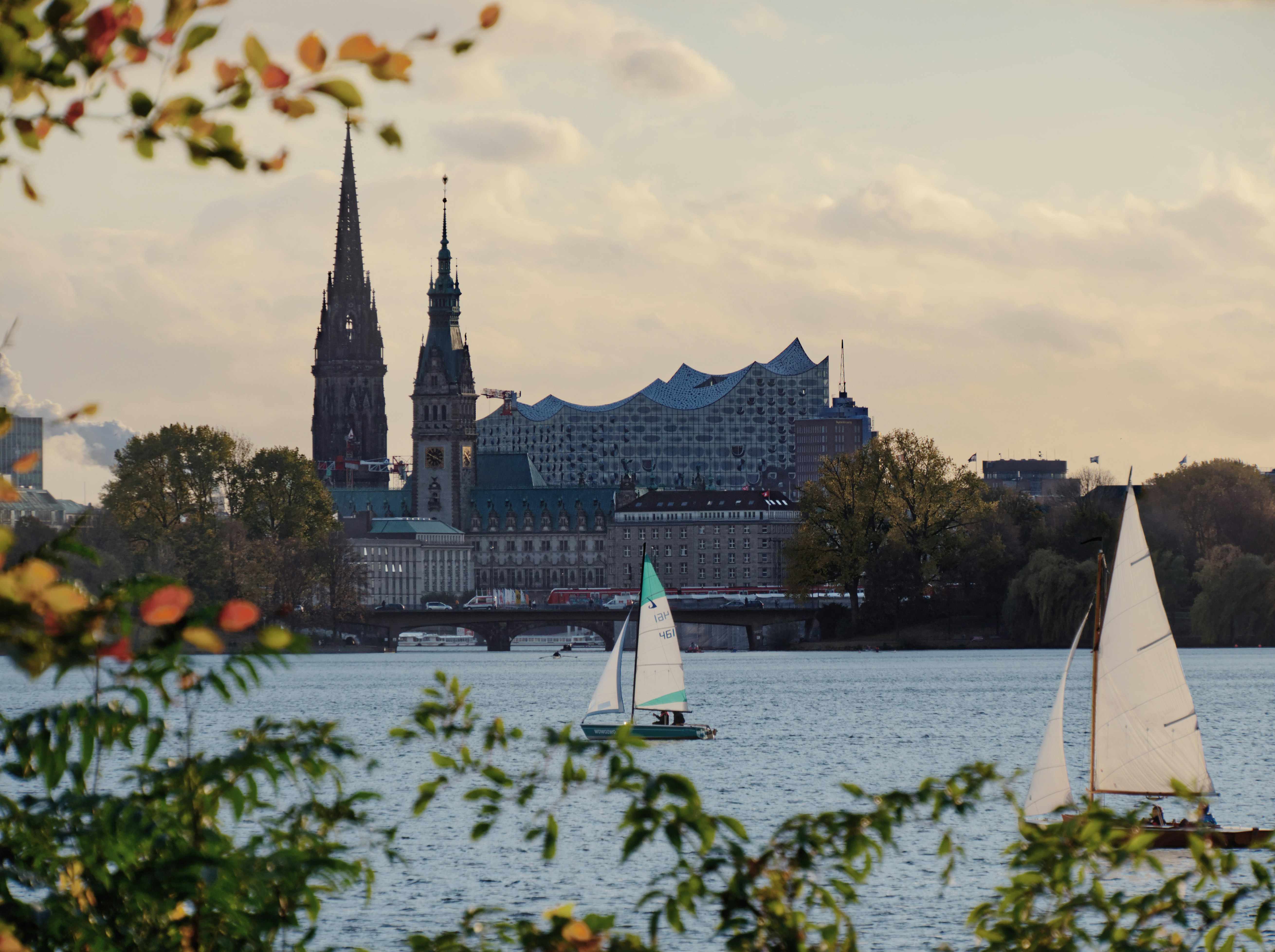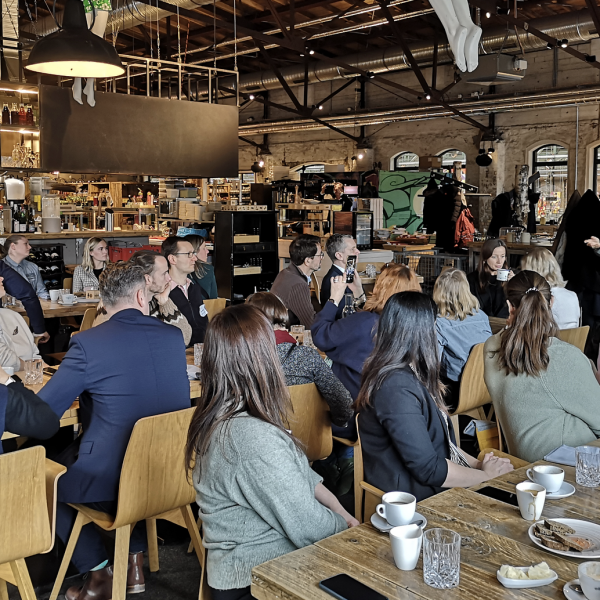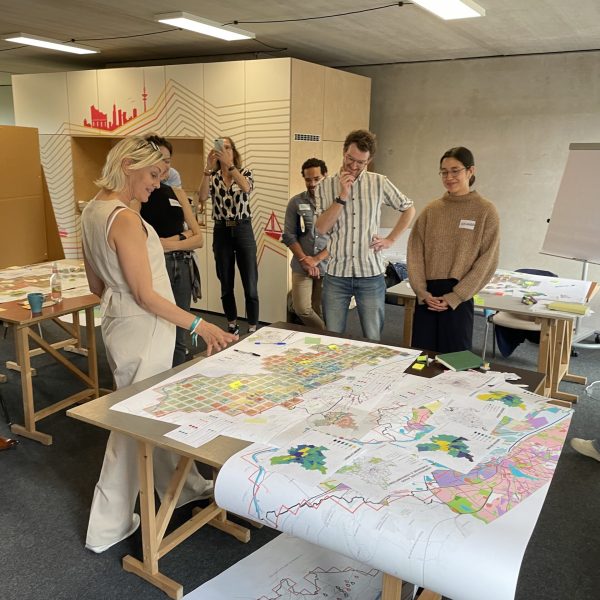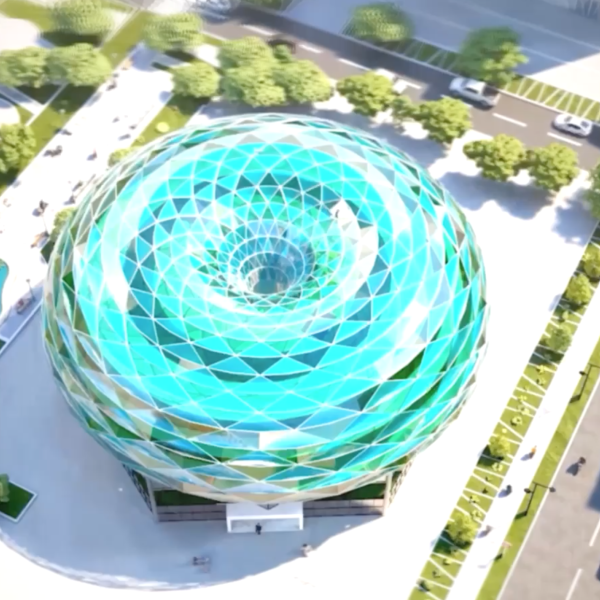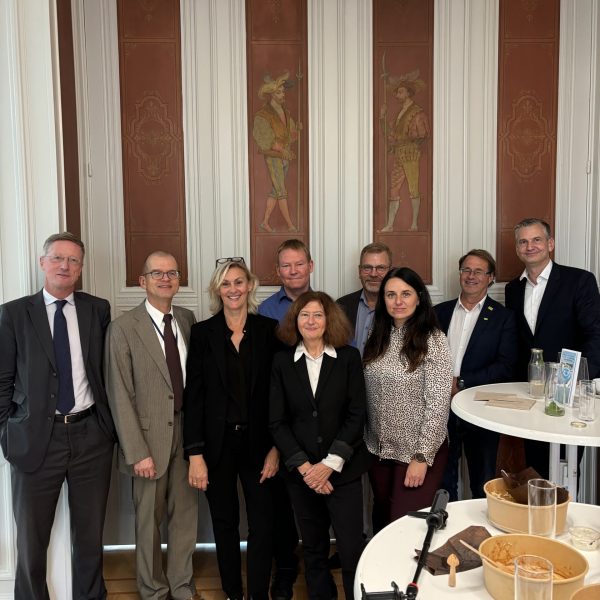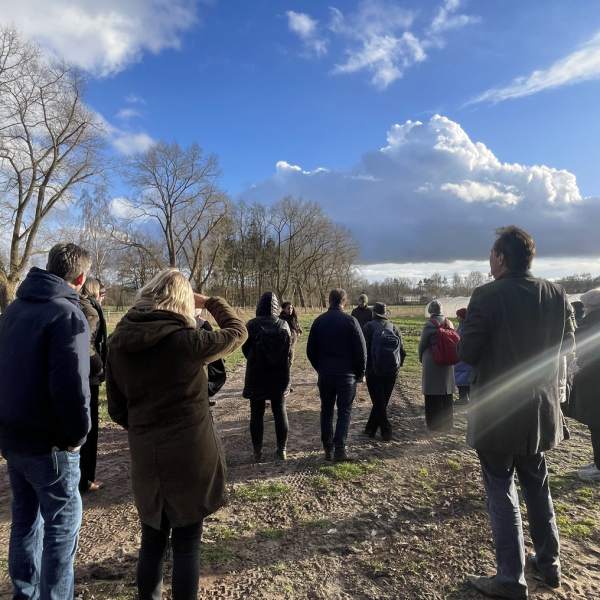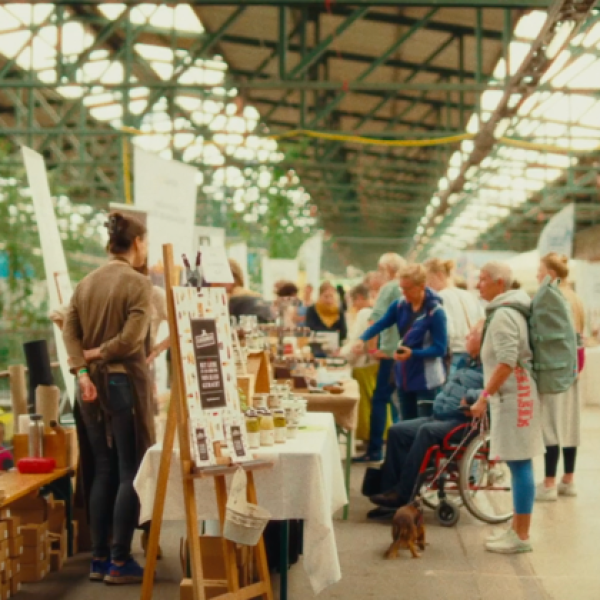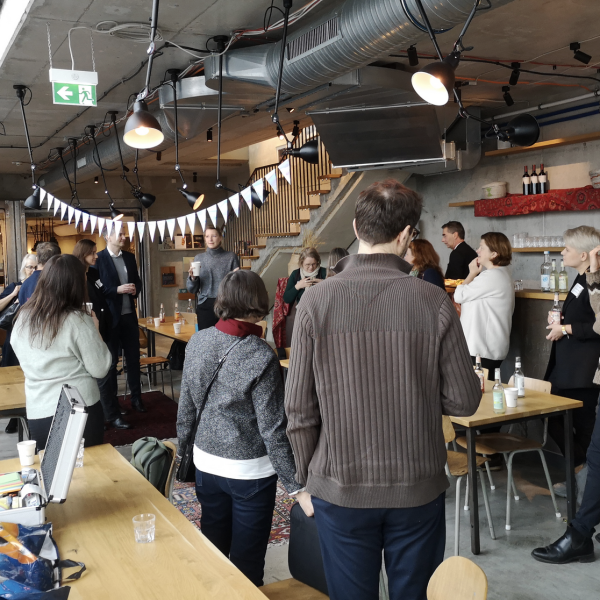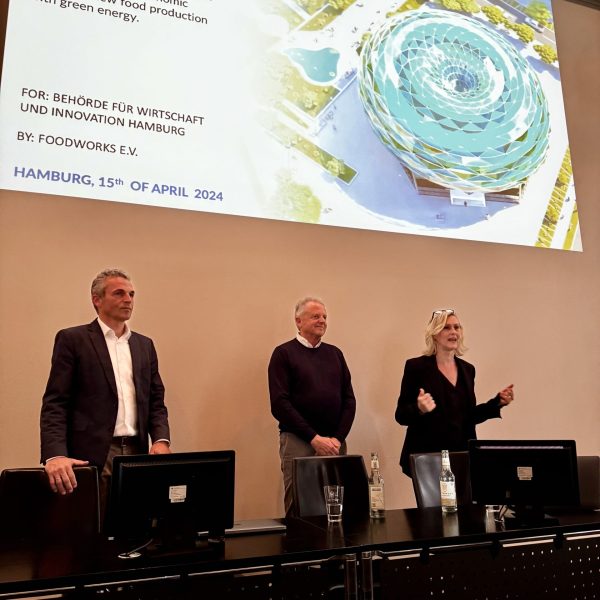
Case description
Context
The Hamburg case consists of the FoodCluster Hamburg (a municipal actor) and the FoodWorks Association. Together, they are collaborating on the Future Food Campus (FFC), a vision of a regenerative & circular food facility for Hamburg. The FFC facility brings food production systems (e.g precision fermentation, cultivated meat, vertical farming) together and makes them interoperable to increase overall energy efficiency, attain circularity and make indoor food production a pillar of regional sustainable food manufacturing. FFC aims to provide a climate positive production system which will help reach the city’s carbon neutrality goals as well as provide hyperlocal nutrition for the citizens of the city. Under the umbrella of the FoodCluster, the FFC and other innovative initiatives shall strengthen the city’s position as a sustainable food hub.
Why
Future food technologies are growing globally as an environmentally impactful way to reverse the damage from climate change:
- In the future they will require facilities for scaling up their products and thus the Hamburg case aims to provide a climate-positive production system for their purposes, which will also support the cities CO2 neutrality goals as well as provide hyperlocal nutrition for the citizens of the city.
- The Food Cluster Hamburg report proved the food industry is facing enormous changes, not only in Hamburg. The food industry is actually facing even more serious transformation processes that are often overlooked.
- In addition to increasing technological convergence and the changing framework conditions to which the players in Hamburg’s food industry are exposed, there are twelve relevant megatrends that are increasingly responsible for these transformations for the Hamburg food industry.
- The Food Cluster wants to be able to initiate and implement innovations more quickly, to face the transformation conditions more successfully and thus increase their competitiveness, also through regional production and resilient supply chains.
What
- The Future Food Campus (FFC) is working to create a future food facility for the city of Hamburg, which will be run on a circular, regenerative production system.
- Its goal is to combine engineering systems (e.g precision fermentation, cultivated meat & fish, vertical farming) under one roof and make them interoperable to increase overall energy efficiency, counteract conventional GHG emissions and make indoor food production a reliable pillar of Europe’s sustainable food production.
- To foster activities of the food business in Hamburg, the Authority for Economy and Innovation searched for an organising structure which is driven by the idea that the three following aspects of sustainability have to be taken into account at any time with the same meaning for all decisions: „people (work), profit (business) and planet (climate)“. Based on the experience of already existing clusters in Hamburg, it was decided to implement a FoodCluster in the City.
Stakeholders
Key Implementers
- City of Hamburg, Authority for Economy and Innovation (FoodClusterHamburg)
- FoodWorks Association
Associated Organisations
- Association for Vertical Farming
- Gut Haide-Hof
- Respect Farms
Other Stakeholders
- Chamber of Commerce Hamburg
Contact
Torsten Gasser
City of Hamburg, Authority for Economy and Innovation (FoodClusterHamburg)
Tel: +49 40 428 41 1775
E-Mail: torsten.gasser@bwi.hamburg.de
Eva Keretic
FoodWorks Association
Mobile: +49 1752033086
Email: eva@futurefoodcampus.com

